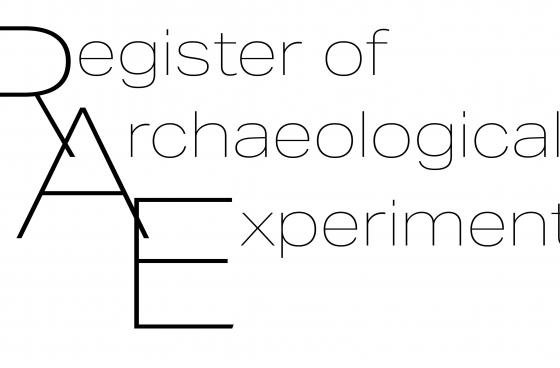
Archaeological experiments are conducted every day, by people from diverse backgrounds who do their work in academia, museums, within crafting communities, and in their free time. This diversity is a great asset, but it does mean that publication is not necessarily a priority for every experimental archaeologist. Because of this, we have a real gap in our field. As a group, we aren’t able to learn from unreported hypothesis testing. If an experiment has been completed successfully by one group, another group may still need to invest their resources in in answering the same question, thinking that they are breaking new ground.
The Register of Archaeological Experiments is being designed to capture information from experimental archaeology practitioners in a very basic way, so that it can become a searchable and persistent record. For each experiment registered, there will be information about who completed the experiment, what the hypotheses and basic results were, as well as where and when the experiment took place. We want this to be both a repository where you can easily share what you did, as well as a resource to help you extend your future experiments. As a field, we can then get better at building on each other’s past work.
Creating a Register to capture this information in a way that can be useful depends on a lot of assistance. There are a two main phases of development which will take place. Firstly, we will create a simple and user-friendly way for practitioners to enter their information. Secondly, we will design an accessible interface that allows people to search for past experiments in the Register.
In order to tackle the first phase of development, we are conducting a pilot study. We would like volunteers to enter some details about their own past experiments (whether unpublished or published), and then provide feedback to us about the data entry form. We want to know if you found the form easy to use, and whether you think that some more information should be included.
At this stage, none of the data will be publicly visible and we will not share your data with third parties. You will be able to view and edit your own responses after submission, and if you grant us permission we may ask for a few more details about your responses. By default, we will permanently delete all of your data at the conclusion of the pilot phase. If you have questions or concerns about the way that your data will be handled at any stage of this process, please feel free to send an email to Caroline Jeffra at experimental.arch.register@gmail.com
What is the next step? During the summer of 2019 we will look at your feedback and refine the questions that we ask within the form. After that, we will open the Register for general submissions and move on to phase two – creating a searchable and user-friendly interface. Are you interested in helping us to get the Register up and running? We would be very happy if you could describe one or two archaeological experiments you have completed. Visit our form here: https://forms.gle/aS7e9mViCs9mFEcR6
Thanks for participating!
